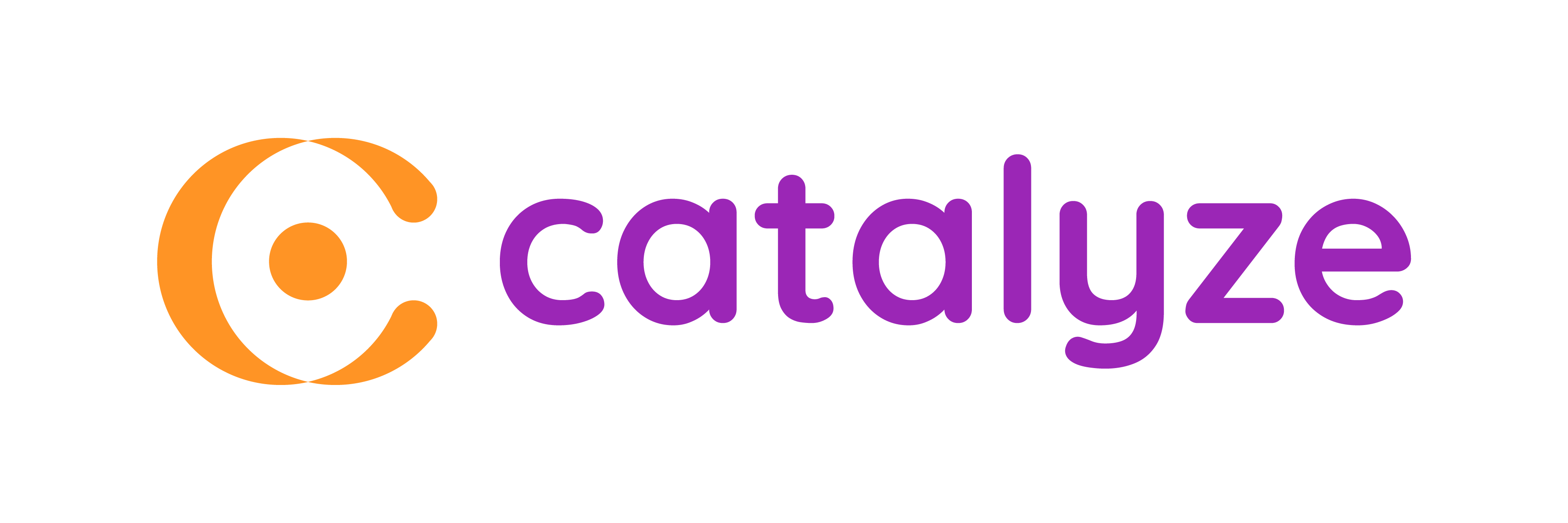The Cambridge International Examinations is conducted by the University of Cambridge. The Cambridge Assessment for International Education also known as the Cambridge Pathway is a part of the University of Cambridge. It offers a seamless route across four stages, right from the Primary to the Pre-University levels. The third stage in this Pathway is the Cambridge Upper Secondary level and is for the 14-16 year olds. It consists of the IGCSE and the O (Ordinary) level exams. These then lead on to A levels where A stands for Advanced. This advanced exam for the 18 year olds, is equivalent to the Class 12 exam of the CBSE and ICSE Board exams in India. Students who clear this level can then go on to join undergraduate courses of their choice.
The IGCSE/O level curriculum is internationally recognized for its focus on developing problem-solving skills, a research-oriented pedagogy, team work, initiative, creative thinking, etc. It also allows for home schooling though there is no specific information on that. Some schools accept private candidates while some do not. So if you are looking for an exam center for your child’s O level exam, you will have to directly contact the exam center/school and find out. For example, of the 30 schools in Chennai that offer IGCSE, only 17 accept private candidates.
Home schooled candidates fall under the category of private candidates. Cambridge has laid out the syllabus for each subject according to which the student has to prepare. Sample question papers are provided and reference books are amply available in the British Council Library. The school name will not appear on certificates issued to private candidates.
The first step in preparing for an O level exam is to select the subjects based on the students’ interests and the courses’ requirements. Some subjects that require year-long assessing or have a coursework component are not available for home schooled/private candidates. There are more than 40 subjects available in 6 categories: i) English Language and Literature, ii) Mathematics, iii) Sciences, iv) Languages, v) Humanities and Social Sciences, and vi) Business, Technical and Creative. Students can choose a maximum of 14 subjects from among these categories and create their own curriculum. The minimum number of subjects to be taken is 7. The subjects are sensitive to the needs of the different countries and the assessment is designed to factor in local culture, language and learning methods.
The IGCSE website offers detailed information on the subjects available at the O level.









